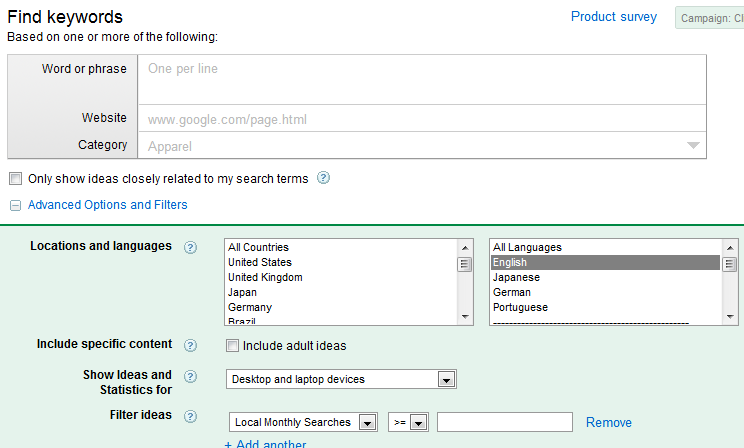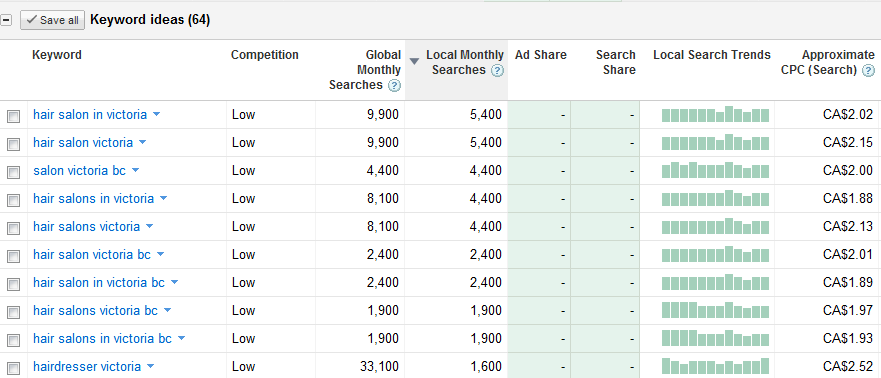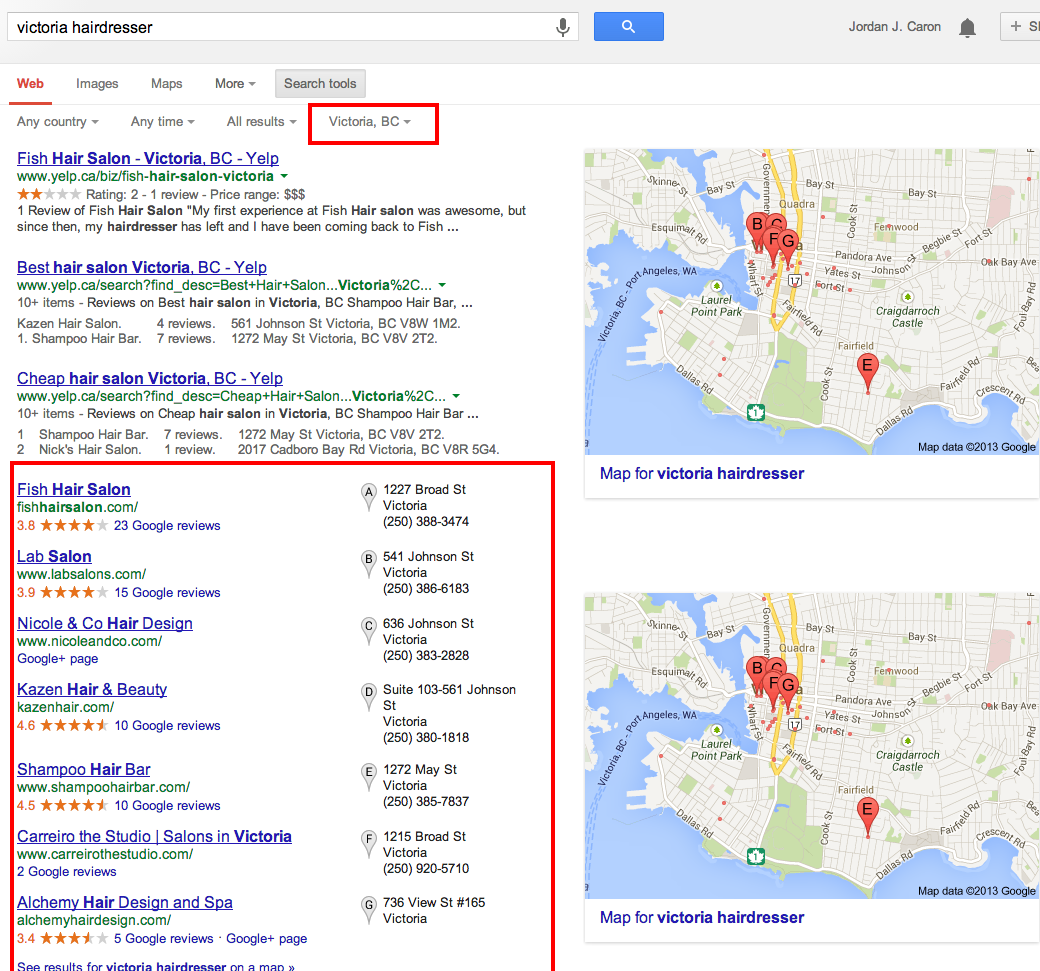Learning SEO is easier than learning long division

Wouldn’t it be great if someone could finally explain to you how search engine optimization really works?
Of course it would!
If you’ve tried to learn SEO on your own you’ve probably contemplated picking a second language instead. I’ve been there before.
There are thousands of blogs that talk about SEO but most of them are hard to understand. All too often bloggers use jargon to show off their knowledge.
In the end small business owners like you get even more confused and intimidated by SEO.
That’s not going to be the case anymore because I’m going to explain SEO to you in human speak.
I can’t do long division anymore but I can do SEO. That should say something about how easy it truly is.
I’ll be going over the three main factors to SEO but this post is all about the stepping stone to a solid SEO strategy.
I’m going to explain why this factor is so important and then I’ll show you how to do it on your own.
Keyword Research acts as a GPS System
The basis of any SEO strategy starts with doing keyword research. You need to know what keywords (better known as search terms) are getting searched and how often. You’ll also need to know what search results come up when you search these terms.
It’s like going for a drive to somewhere you’ve never been and using a GPS system. A GPS system helps get you from point A to B the fastest and safest way possible. Keyword research does the same thing for your SEO strategy. It lets you know what route to go and which route to stay away from based on data.
Google is the king of search and they provide great resources to help you understand SEO. One of these resources is the Keyword tool which gives you estimates on how often keywords are getting searched.
They provide this tool for free once you sign up for an Adwords account. Google Adwords is the advertising portion of search results and I will discuss Adwords later on but not right now.
Now that I’ve explained why keyword research is so important, I’m going to explain how to do it.
But before I do that do me a favor and share this post on Twitter for me.
Learning SEO is easier than learning long division – Click to Tweet
How do dial in your SEO destination
When you sign up and log into your Adwords account you want to head to the Keyword Tool under the Tools and Analysis table.
That will bring you here…
Where it says word or phrase is where we’ll begin. Start by thinking of search terms you think people are typing in when looking for your business or service. If you’re a local business you can focus on a smaller amount of keywords compared to an online store.
Depending on what industry or service you provide you might be able to use a few different variations of keywords. Think of the different terms people might use when describing your product or service.
For this example I’m going to use a hairdresser which can provide different services. Someone might search for a hair dressers services using descriptive terms like:
- Hairdresser
- Salon(s)
- Haircut
- Hair color
You then want to add those descriptive terms to the city you work in to come up with some keyword/search terms:
- City+ descriptive term
- City+state+ descriptive term
Now you take that combination of keywords and punch into the Google keyword tool to see how often they get searched. Be sure to check the “only show search terms closely related to my search term” box to narrow down results.

The global monthly searches column is obviously for the world while local is for the country you are located in. That’s why the global and local searches are the same when the BC is added onto the keyword. The approximate CPC is for Adwords which we’re not worrying about this moment.
These search terms that are getting searched are quite a bit. What’s nice is that when we click the “only show search terms closely related to my search term” box we get some suggestions from Google.
What can be misleading is reversing the search terms. In the last two screen shots you will see that Google claims “hairdresser Victoria” and “Victoria hairdresser” each receive 1600 search results a month. I truly believe that 1600 number is a combination of both terms.
To save these search terms to an excel spreadsheet simply start clicking the boxes beside each search terms that you want to target. This comes in handy for later use!
This is the first part of keyword research. The second part comes when you do competitive research for your search terms.
Start searching your terms to see what results come up.
Make sure you use a browser that is geared towards your location. So google.ca for Canadians and Google.com for Americans as both offer geo targeted results.
I suggest using Google chrome because, well, I’m a Google fan boy and sucking up to the most powerful search engine is never a bad thing! It’s all about earning that Google cred.
Note that I have my browser location set to Victoria. The other thing to note is that these results look different from normal search results.
This is what is known as Google Places results. I’ve discussed how to rank your Google Places pages already.
So from this I would suggest the hairdresser set up and optimize their Google Places page for the keyword Victoria Salon. I would also suggest not trying to rank for this search term on a webpage or blog post. Why? It takes too much time and too many resources to rank above Places pages.
What I found in searching for the renaming search terms in this example is that all of them display Google Places results instead of regular website results.
This is encouraging for the hair dresser looking to get into the SEO game. Instead of trying to get their webpage to come up for all these terms they could solely focus on optimizing their Google Places listing for all those keywords.
So by doing keyword research this hairdresser:
- Determined what search terms are getting searched and how often
- Discovered that their targeted search terms brought up Google Places pages
- Learned the importance of having a properly optimized Google Places Page
- Saved time and money by not trying to rank their website for search terms that brought Google Places pages
As you can see without doing proper research this hairdresser would have been like a tourist without a GPS system. Completely lost, wasting time and resources with no master plan.
I’d love to get some feedback from you.
Was this post easy for you to understand?
Is there anything with SEO that you don’t understand but would like me to discuss in future posts?




